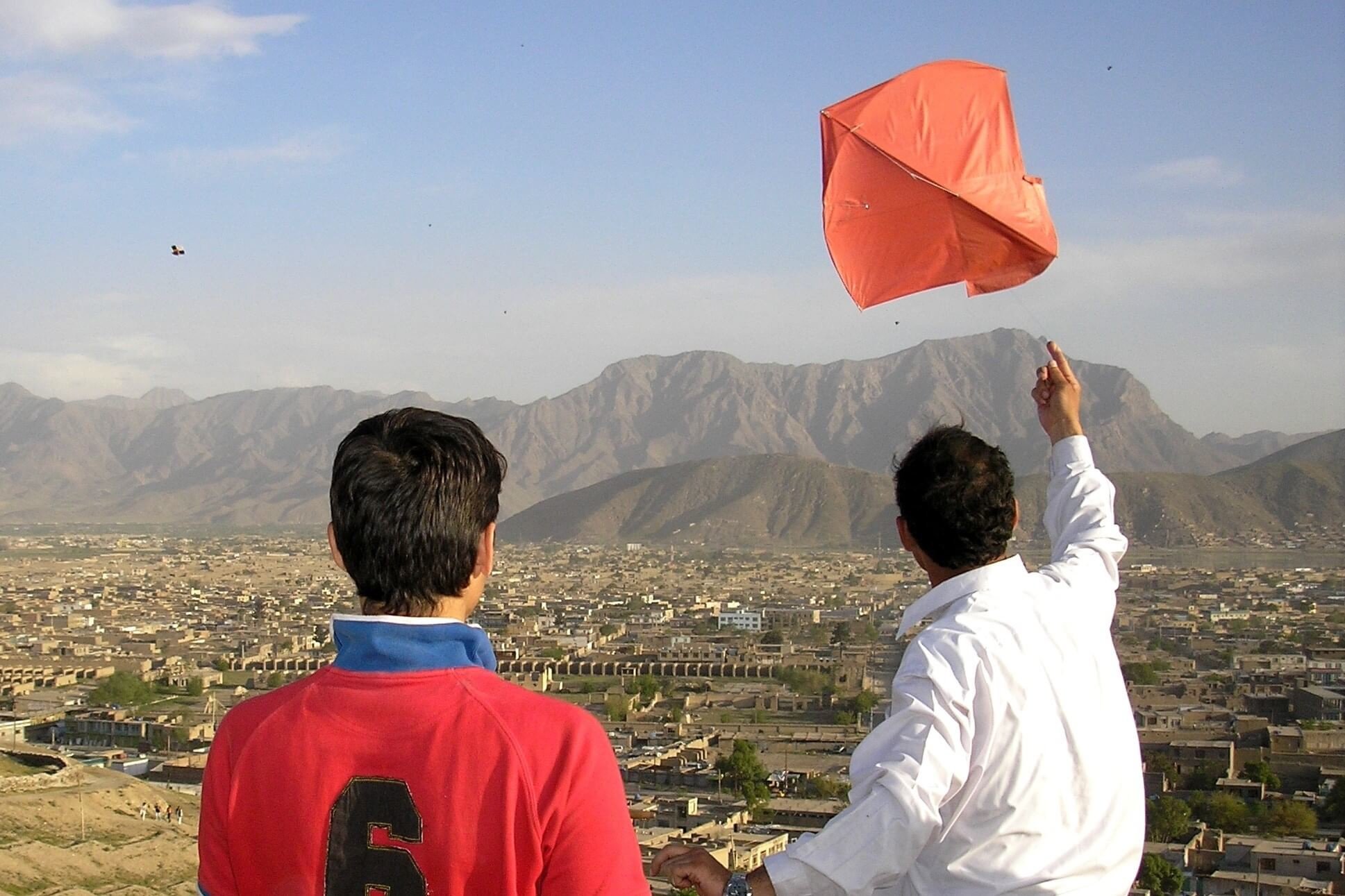[ad_1]

UNICEF, a United Nations agency focused on humanitarian aid and relief to children, is further venturing into the cryptosphere with its ongoing work related to a decentralized autonomous organization (DAO) prototype.
“Right now, we’re building a DAO prototype to fairly distribute power and communication for a globally distributed digital public good,” Arun Maharajan, the blockchain lead at UNICEF, told TheBlock in a recent interview at the Paris Blockchain Week show.
Digital public goods (DPGs) are types of open-source software, models and standards that organizations can employ with the aim to operationalize their digital public infrastructure, according to a definition developed by the Organization for Economic Cooperation and Development (OECD).
Owing to DPGs, “[d]evelopment partners can contribute by focusing on underlying challenges like co-ordinating multilateral efforts, improving public procurement, supporting financial and project continuity, and breaking down silos to enable co-development,” the OECD said in its 2021 Development Co-operation Report.
UNICEF’s early stage pilot, which is being developed on top of the Layer 2 solution Polygon, is designed to facilitate improved communication between DPG stakeholders during their discussions of potential new features to a project. Ultimately, such projects could use the functionalities offered by DAOs to allow stakeholders to fund new features after the involved community votes to implement them.
“In a sense, it’s a closed DAO for each DPG to get all the stakeholders on board,” according to Maharajan.
“Right now we are looking at team members but I think it’s perceivable that it could even include end users or other stakeholders so that really the community around that DPG gets together and decides together what needs to happen,” he said.
While developing its DAO-focused project, the humanitarian aid agency is building on its earlier crypto-related initiatives. In October 2019, UNICEF kicked off its CryptoFund to allow the organization to collect donations in bitcoin (BTC) and ethereum (ETH).
“As digital currencies see record adoption globally, UNICEF’s ability to hold, receive and invest in cryptocurrency through the CryptoFund has allowed us to expand services and opportunities for people around the world,” Sanna Bedi, the organization’s Innovation Fund Officer, and Maharajan said in a joint article.
“The CryptoFund created opportunities for new partnerships, unlocking new resources for children. UNICEF has new crypto and non-crypto donors that are interested in supporting the Fund, both technically and financially, for the first time because of our work with cryptocurrencies,” according to UNICEF.
The agency admits that it is observing “an increasing interest within UNICEF and the UN to learn about blockchain and cryptocurrency; and the Fund is facilitating learning courses to foster the innovation community around blockchain and cryptocurrency.”
[ad_2]
cryptonews.com




